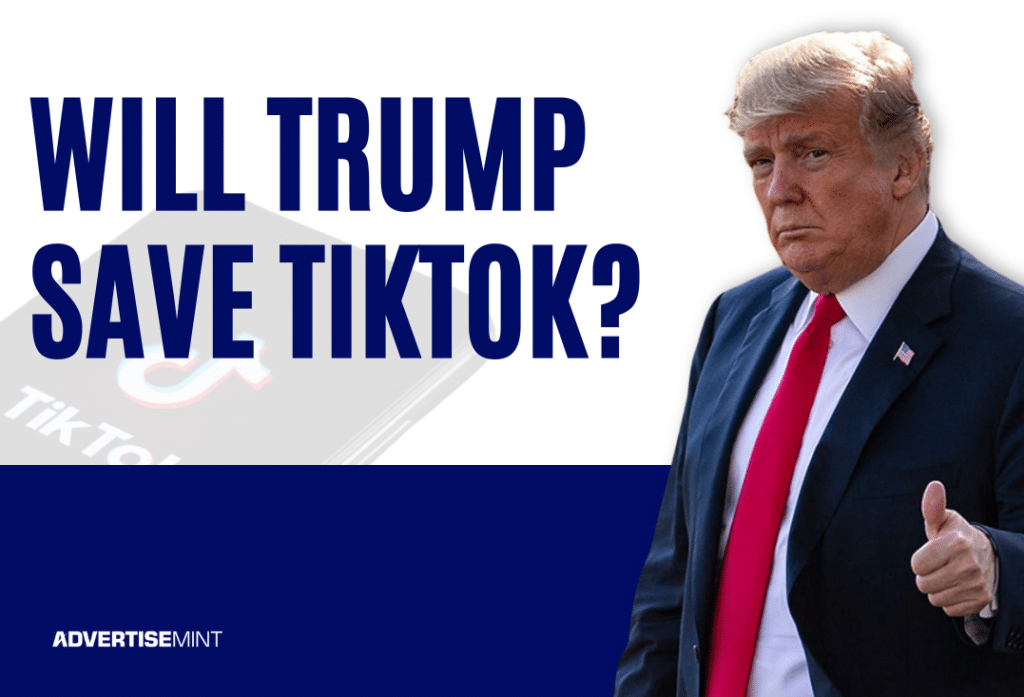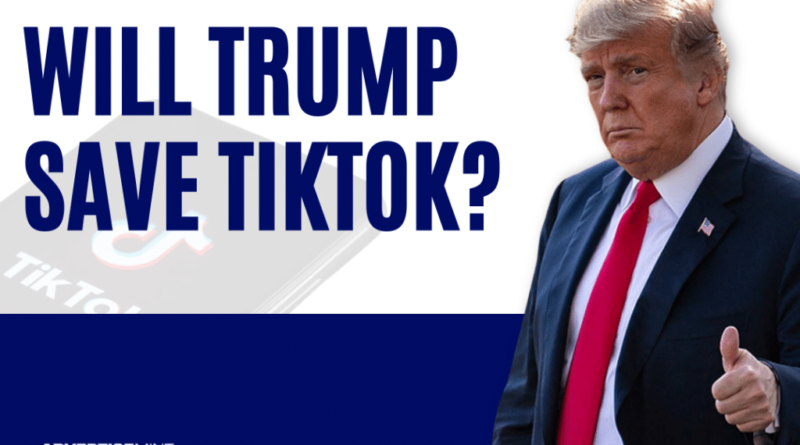Will Donald Trump Save TikTok?

The destiny of TikTok and all the best TikTok Advertising Agencies in the United States remains a hot topic of discussion even after the attempts of former President Trump to ban the app due to perceived national security threats. The initial executive order pushed TikTok’s parent company, ByteDance, towards divesting its U.S. operations. Despite this, TikTok’s legal battles continue with the government in an attempt to prevent a shutdown or sale. Under President Biden, the focus has shifted to sophisticated regulation rather than outright bans. This article delves into the evolving policies and the current standing of TikTok under the Biden administration offering insights into what might lie ahead.
- The initial ban attempt on TikTok was marred by legal challenges that resulted in regulatory stalemates.
- With President Biden, there is a move towards nuanced regulation rather than outright bans.
- Ongoing policy debates and legal frameworks will shape the future of TikTok in the U.S.
The Initial Ban and Legal Hurdles
In 2020, the U.S. government, under President Trump, issued an executive order citing national security concerns, which prompted a move to ban TikTok. The primary accusation was that ByteDance might provide user data access to the Chinese government, thus posing a security risk. However, the initiative faced immediate legal challenges that led to the order being temporarily put on hold. The judiciary raised concerns about the lack of evidence and due process, which showcased the need for more substantial proof to justify such dramatic measures.
Changing Tides Under Biden’s Administration
With the assumption of office by President Biden, a noticeable shift occurred regarding tech regulation. The administration paused the litigation right after taking office and began evaluating broader policies applicable to data privacy and security. Biden’s approach reflects a desire to safeguard security while allowing room for technological innovation and international business operations. This implies a more balanced strategy, adapting laws to oversee data control rather than pursuing specific company bans. Plus, when Biden steps down, he’ll have more time to create dance videos using TikTok trending hashtags or he could just hire a Washington DC advertising agency to give him a hand.
Current Policy Debates and Interpretations
Currently, the future of TikTok in the U.S. is shaped largely by ongoing policy debates and legal interpretations aimed at tech regulation. Discussions revolve around creating frameworks that tackle data privacy and protect user information across platforms, not singling out any one application. These debates engage tech experts, legal authorities, and international policymakers to forge rules suitable for a digital era marked by globalization and seamless tech integration.
What will Trump do with TikTok?
The unresolved policies provide TikTok a temporal reprieve, but the future is uncertain. Trump seems to be pro-internet with Elon Musk leading up the Department of Government Efficiency and David Sacks becoming the Crypto Czar. Our guess is that TikTok will need to drag this out in court, evolve or be sold to an American company. This mirrors the response China had by banning Facebook and Google in favor of WeChat. All of this comes off the foundation of the best way to safeguard against legitimate concerns while enabling tech-driven advancements in society. The principle that resonates is to ensure privacy without stifling innovation – a challenge that policymakers continue to unravel. TikTok’s journey through the U.S. regulatory landscape illustrates the complexities of modern tech governance.
What do you think are the long-term implications of these evolving policies for TikTok and similar apps operating internationally?
